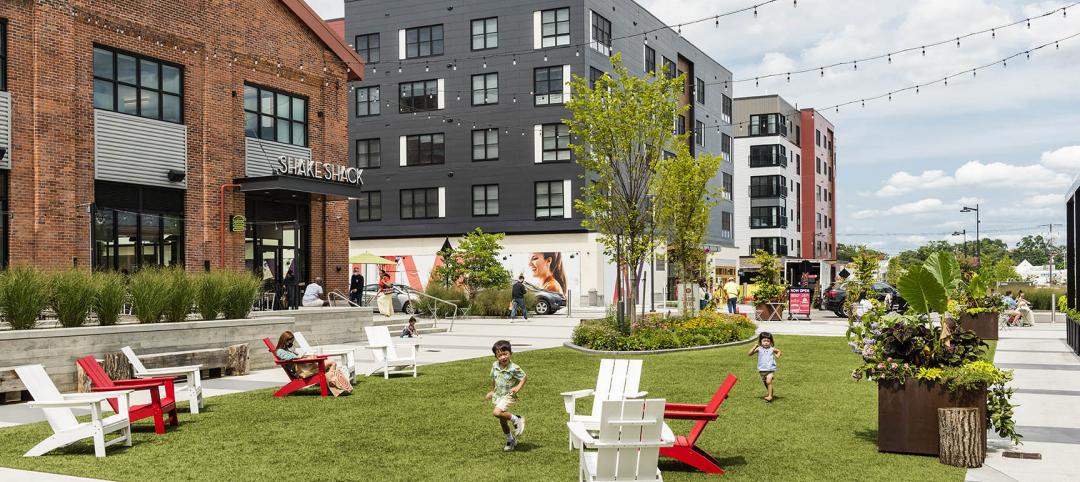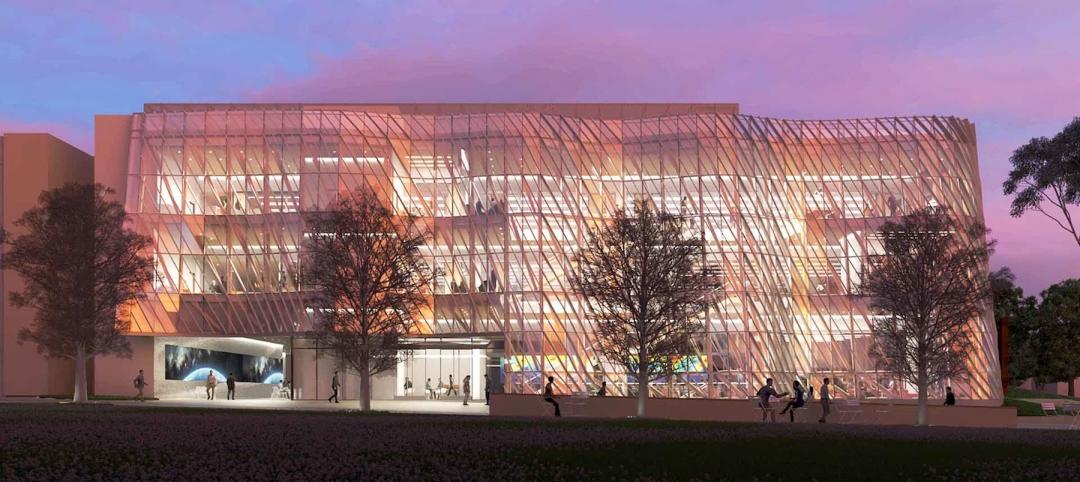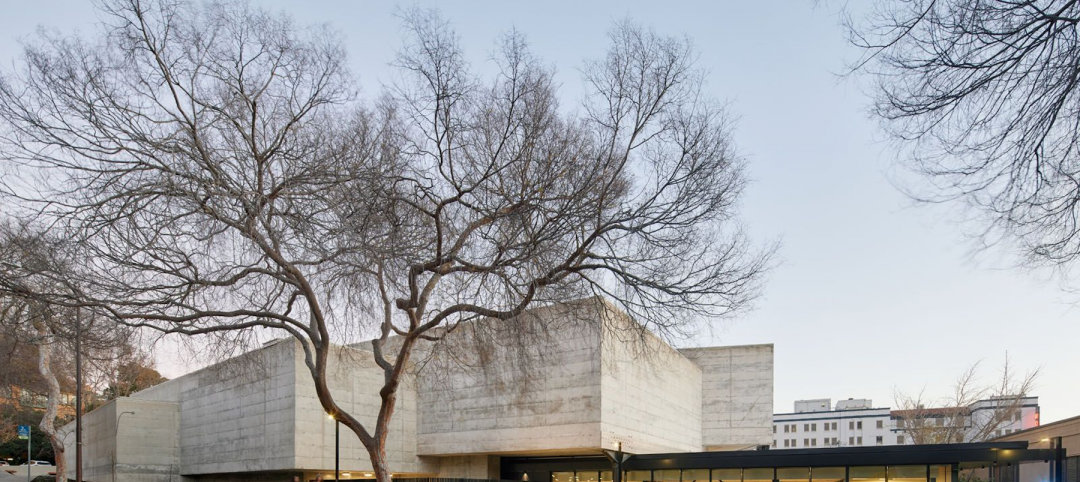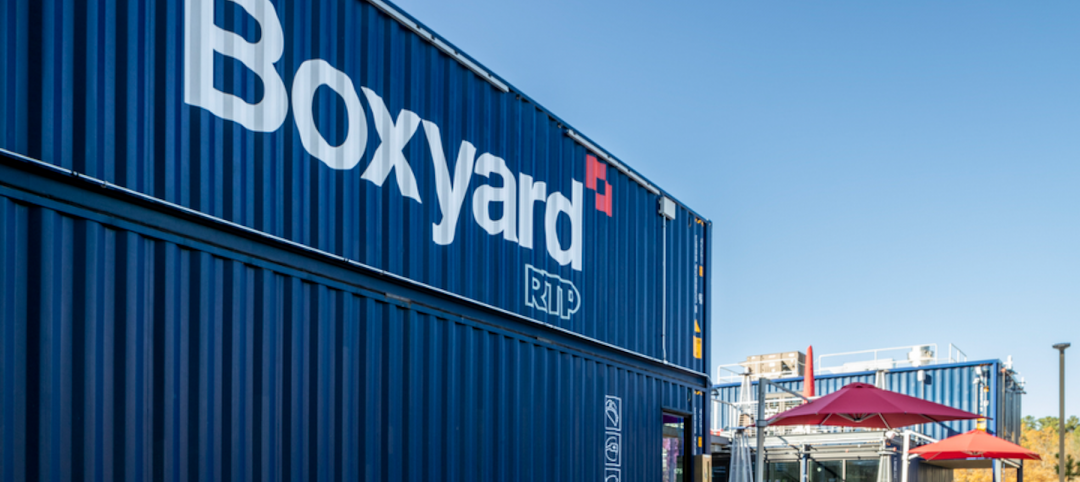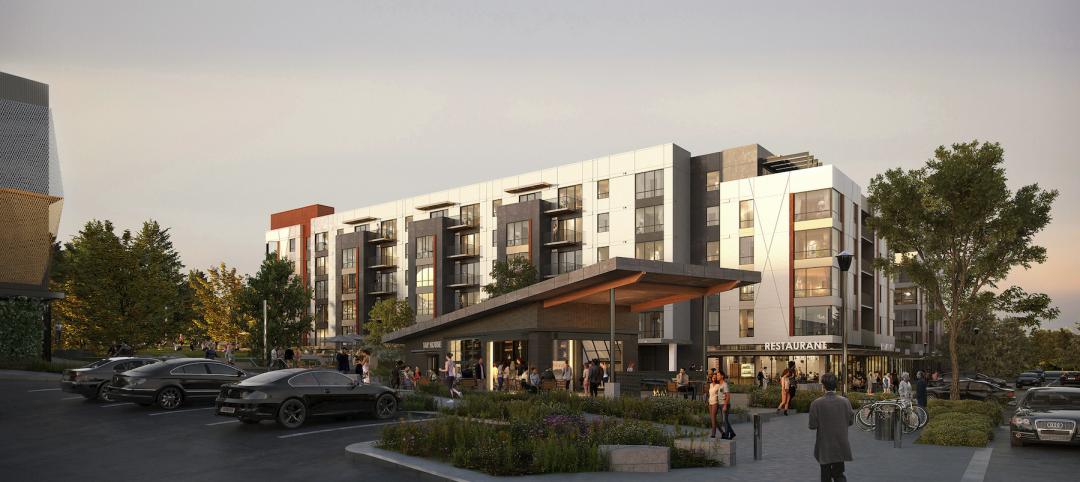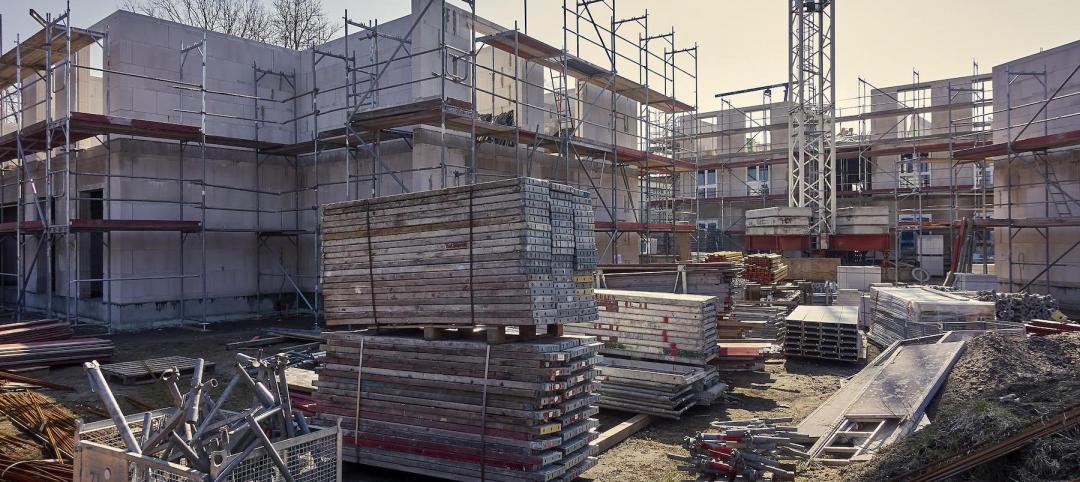Nonresidential construction spending fell 2% in January, which is the largest setback to spending since January 2014, according to the March 2 release from the U.S. Census Bureau.
However, at $614.1 billion on a seasonally adjusted, annualized basis, nonresidential construction spending still is 4.8% higher than one year ago. In addition, the spending estimate for December 2014 was revised downward from $627.1 billion to $627 billion and November's figure was revised from $624.8 billion to $621.9 billion.
"Interpreting January construction statistics is always tricky because the seasonal adjustments can never precisely reflect the impact of any given winter or weather system," said Associated Builders and Contractors Chief Economist Anirban Basu. "New England, among other places, was hit heavily by snow in January and this could explain the monthly decline in nonresidential construction spending.
"Additionally, nonresidential construction spending enjoyed positive momentum through the end of 2014 and, until January, had registered spending growth in five of the previous six months," Basu said. "It is also possible that the West Coast port slowdown impacted construction volumes, including by reducing material availability."
Three of 16 nonresidential construction subsectors posted increases in spending in January on a monthly basis.
- Communication construction spending gained 0.7% for the month, but is down 1.5% for the year.
- Highway- and street-related construction spending grew 0.2% in January and is up 8.7% compared to the same time last year.
- Manufacturing-related spending expanded by 4% in January and is up 22.5% for the year.
Spending in 13 nonresidential construction subsectors declined in January.
- Health care-related construction spending fell 2.3% for the month and is down 2.5% for the year.
- Education-related construction spending fell 3.6% for the month and 0.4% on a year-over-year basis.
- Spending in the water supply category dropped 7.5% from December, but is 3.3% higher than at the same time last year.
- Construction spending in the transportation category fell 1.7% on a monthly basis, but has expanded 8.9% on an annual basis.
- Public safety-related construction spending declined 6.7% on a monthly basis and is down 14.5% on a year-over-year basis.
- Commercial construction spending decreased 5.7% in January, but is up 14% on a year-over-year basis.
- Religious spending fell 11.4% for the month and is down 12.4% compared to the same time last year.
- Lodging construction spending is down 4.4% on a monthly basis, but is up 18.2% on a year-over-year basis.
- Sewage and waste disposal-related construction spending shed 7.5% for the month, but has grown 16% on a 12-month basis.
- Power-related construction spending fell 1.1% for the month and is 13.2% lower than at the same time one year ago.
- Conservation and development-related construction spending fell 5.1% for the month but is up 25.6% on a yearly basis.
- Office-related construction spending declined 1.7% in January but is up 13.7% from the same time one year ago.
- Amusement and recreation-related construction spending fell 3.2% on a monthly basis but is up 19.3% from the same time last year.
- Sewage and waste disposal-related construction spending fell 2% for the month, but has grown 10.5% on a 12-month basis.
Related Stories
Engineers | May 25, 2022
Epstein: The next 100 years
Multidisciplinary design and construction firm Epstein turned 100 in 2021. Two of its Directors discuss the firm's future, and what other AEC firms can learn from Epstein's experience. Darrin McCormies, Director of Industrial Services, and Ed Curley, AIA, Director of Architecture + Interiors, talk with BD+C's Rob Cassidy.
Multifamily Housing | May 25, 2022
9 noteworthy multifamily developments to debut in 2022
A 1980s-era shopping mall turned mixed-use housing and a mid-rise multifamily tower with unusual rowhomes highlight the innovative multifamily developments to debut recently.
Coronavirus | May 20, 2022
Center for Green Schools says U.S. schools need more support to fight COVID-19
The Center for Green Schools at the U.S. Green Building Council released a new report detailing how school districts around the country have managed air quality within their buildings during the second year of the COVID-19 pandemic.
Regulations | May 20, 2022
Biden’s Clean Air in Buildings Challenge aims to reduce COVID-19 spread
The Biden Administration recently launched the Clean Air in Buildings Challenge that calls on all building owners and operators, schools, colleges and universities, and organizations to adopt strategies to improve indoor air quality in their buildings and reduce the spread of COVID-19.
Building Team | May 20, 2022
Caltech breaks ground on a new center to study climate and sustainability
The California Institute of Technology (Caltech) recently broke ground on its Resnick Sustainability Resource Center.
Laboratories | May 20, 2022
Brutalist former Berkeley Art Museum transformed into modern life science lab
After extensive renovation and an addition, the former Berkeley Art Museum and Pacific Film Archive at the University of California, Berkeley campus reopened in May 2022 as a modern life science lab building.
Sports and Recreational Facilities | May 19, 2022
Northern Arizona University opens a new training center for its student athletes
In Flagstaff, Ariz. Northern Arizona University (NAU) has opened its new Student-Athlete High Performance Center.
Energy-Efficient Design | May 19, 2022
Shipping containers used to build Research Triangle Park’s first community gathering space
Shipping containers were the prominent building material used to construct Boxyard RTP, the first public community and gathering place in North Carolina’s Research Triangle Park (RTP).
Mixed-Use | May 19, 2022
Seattle-area project will turn mall into residential neighborhood
A recently unveiled plan will transform a 463,000 sf mall into a mixed-use destination site in the Seattle suburb of Bellevue, Wash.
Codes and Standards | May 19, 2022
JLL launches non-profit aiming to mitigate climate change
Real estate and investment management firm JLL recently launched JLL Foundation, a non-profit dedicated to making a long-term impact on environmental sustainability.



